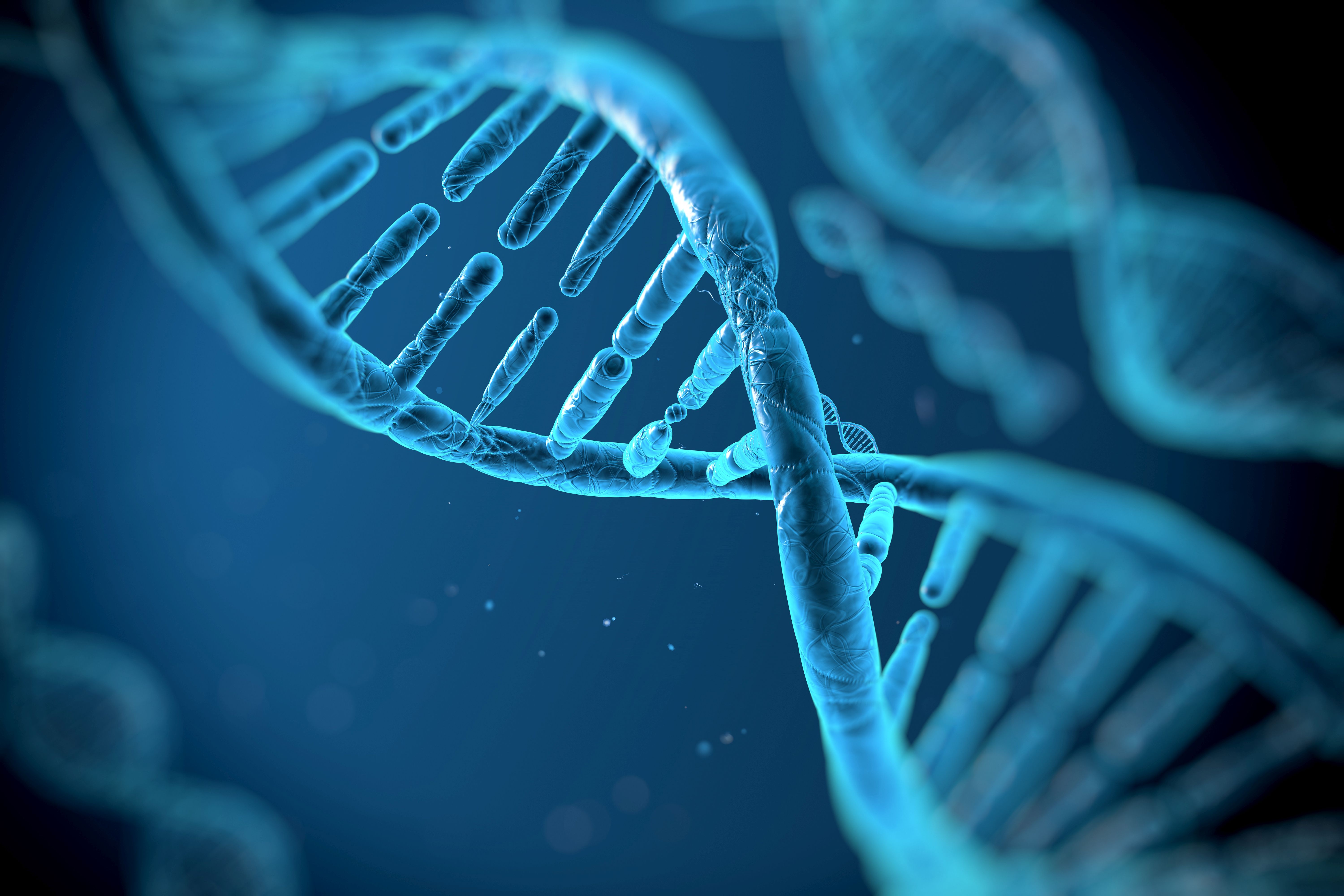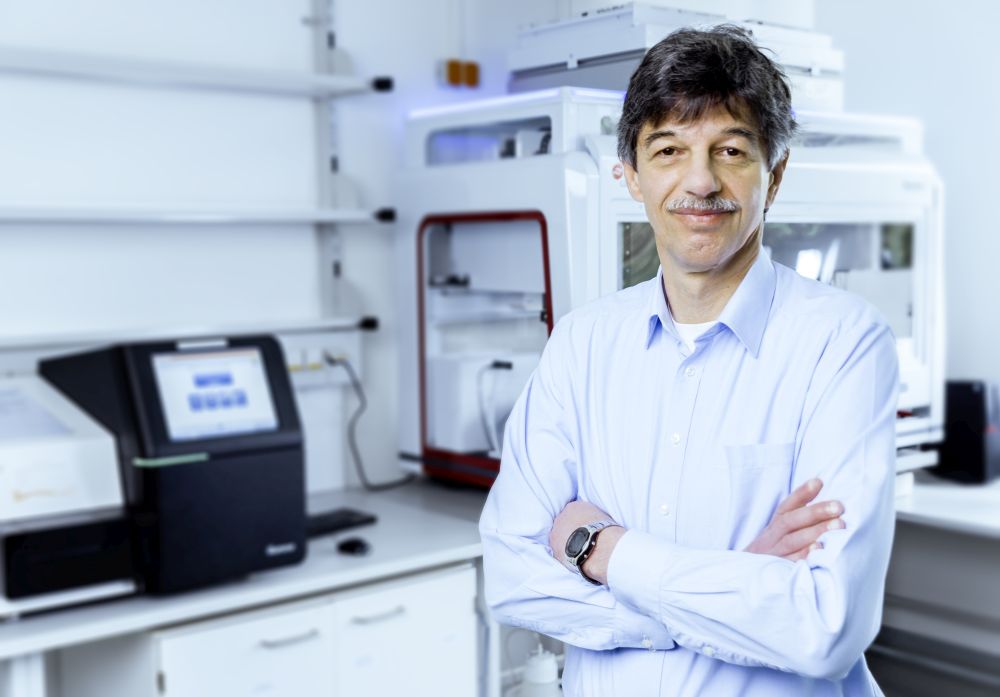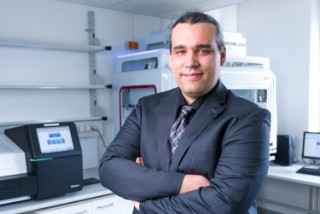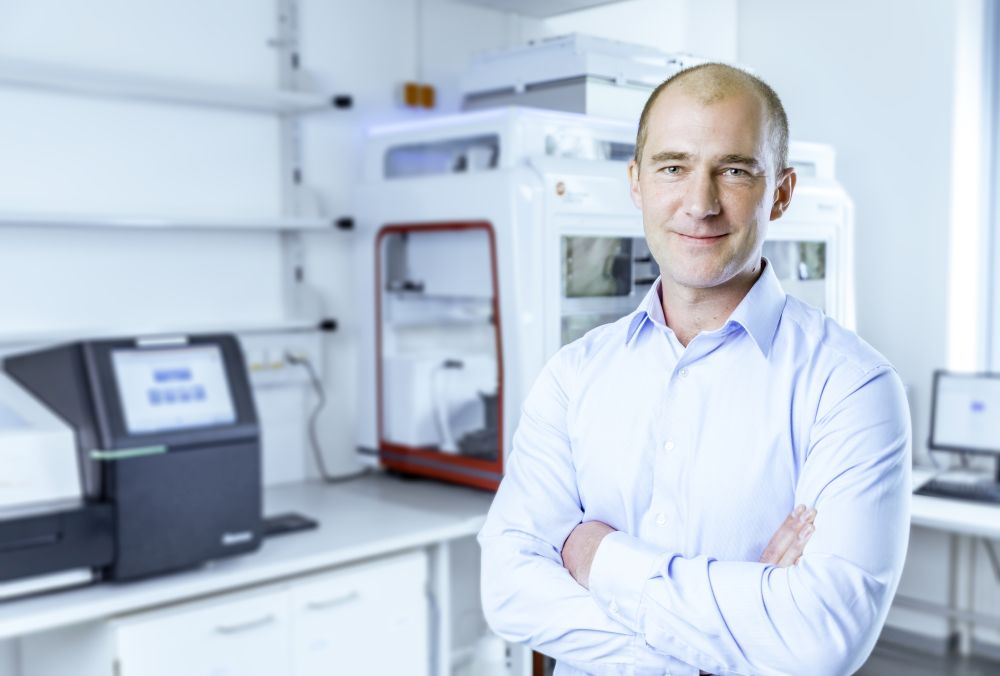
Single-cell sequencing provides high-resolution glimpses into cellular heterogeneity and interactions between different cell types. It allows a high number of cells to be analyzed, making it a powerful tool for characterizing rare cell types and different cell states (cell plasticity). It is therefore possible to trace the consequences of local cell dysfunctions and to directly identify changes that occur in pathological situations (in autoimmune diseases, chronic diseases, or cancer).
The response and progression of diseases during therapy can be identified in particular through high-resolution determination of the change in cellular heterogeneity in liquid biopsies — and also through the individual change in single cells, such as circulating tumor cells.
 Fraunhofer Institute for Toxicology and Experimental Medicine
Fraunhofer Institute for Toxicology and Experimental Medicine

